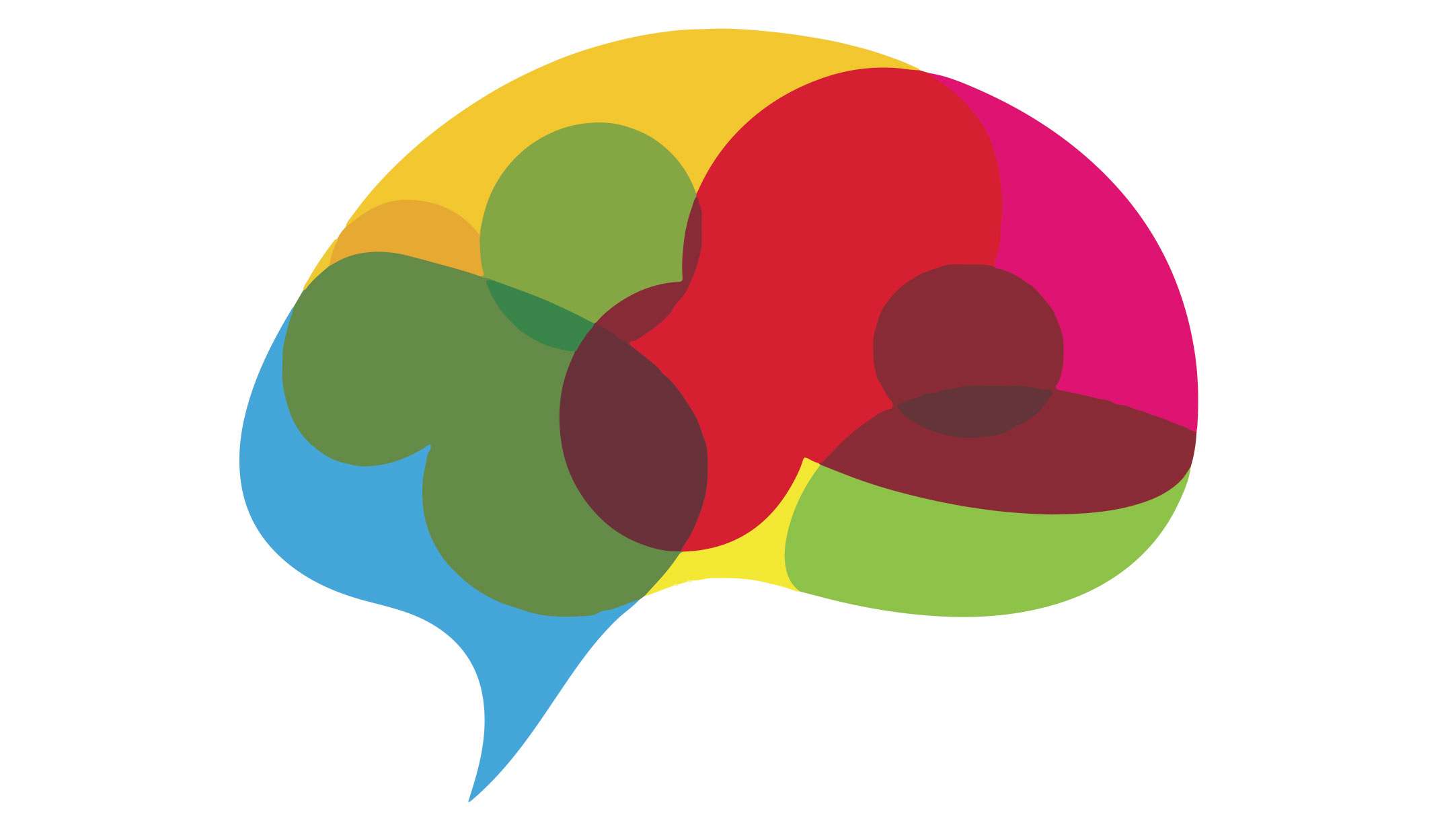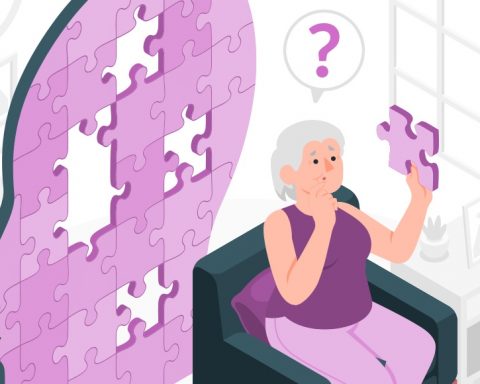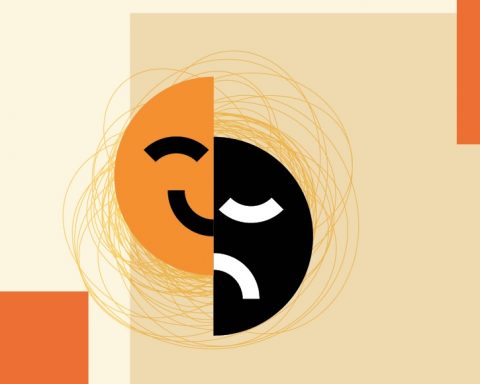Last year the Government created posts for four full-time School Counsellors and followed this up in the autumn term with the launch of a counselling service for Gibraltar’s schools. Jo Ward talks to Jackie Linares, Welfare Advisor at the Department of Education (DoE), about the initiative to develop emotional and mental wellbeing in education.
Counselling can help children with personal, social and emotional issues that affect their wellbeing, their attendance, learning and academic achievements, and relationships; and enables children to develop skills to strengthen their resilience and deal with life problems and challenges. It is evident that a dialogue needs to be started in schools that normalises emotional pain and discusses the causes of mental ill health.
“Our focus, in schools currently, is the development of the holistic child,” Jackie Linares explains. “This means giving children the skills to deal with life and this encompasses skills such as creative thinking, problem solving, collaborative work, communication, self-esteem and resilience. Our curriculum aims to build strong foundations through those skills so that in the long term children are better equipped to be able to deal with whatever life throws at them.”
Jackie states that the Gibraltar Schools’ Counselling Service operational policy, drawn up by Wayne Barton, was based on two very important documents from the UK. “One is called ‘Counselling in Schools a Blueprint for the Future’, and the other is the Welsh ‘School-based counselling operating toolkit’ which we have tailor-made to fit Gibraltar and which we will again develop further with the counsellors themselves”
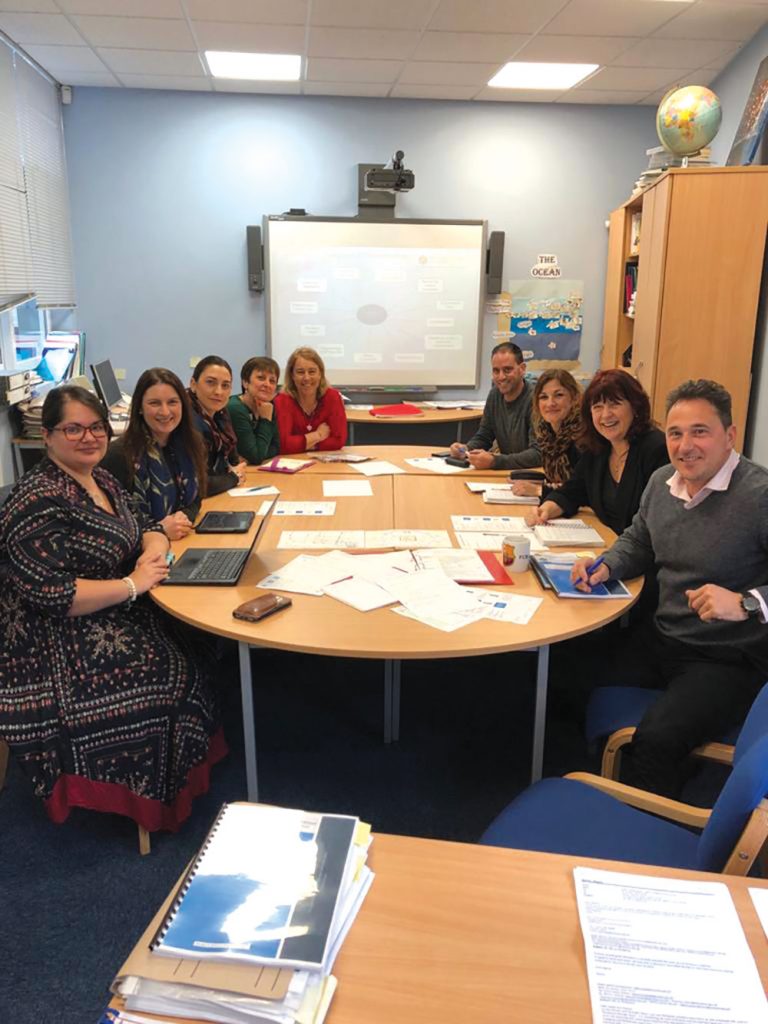
The implementation of counsellors for schools in Gibraltar is just one part of a bigger body of work undertaken by the DoE. “The curriculum will also be addressing the need to promote mental health and wellbeing and together with my colleague Wayne Barton, who has been seconded from the GHA, we continue to work on the development of mental wellbeing in education,” Jackie confirms. Teachers play an increasingly important role in the wider public health workforce. Jackie has delivered In-service days, to schools, on emotional wellbeing and the importance of PHSE (Personal and Social Health Education and Citizenship) to help teachers develop their skills in these areas. “It is about getting teachers to not only celebrate what they already do, because they have a huge role, but also to give them more tools and to make them realise they can really make a difference to a child’s education just by removing those barriers to learning.”
To assist with this, child and adolescent mental health specialist and author Dr Pooky Knightsmith has come over to Gibraltar twice to work with teachers on their approach. Jackie says that Dr. Knightsmith will be returning to deliver a programme on developing the emotional wellbeing of children: helping students cope with anxiety; risk assessment tools; managing transitions in life and helping non-engaging students. There will also be sessions for parents and students themselves.
“Mental health is on a continuum, you are not either mentally well or mentally sick,” Jackie clarifies, continuing, “so we discuss how as a teacher it is our role to help children – to stop them moving down the continuum, to help them move back up and to recognise the threshold when we need further expertise, help and intervention, and it is very important that this was understood before the school counsellors started.”
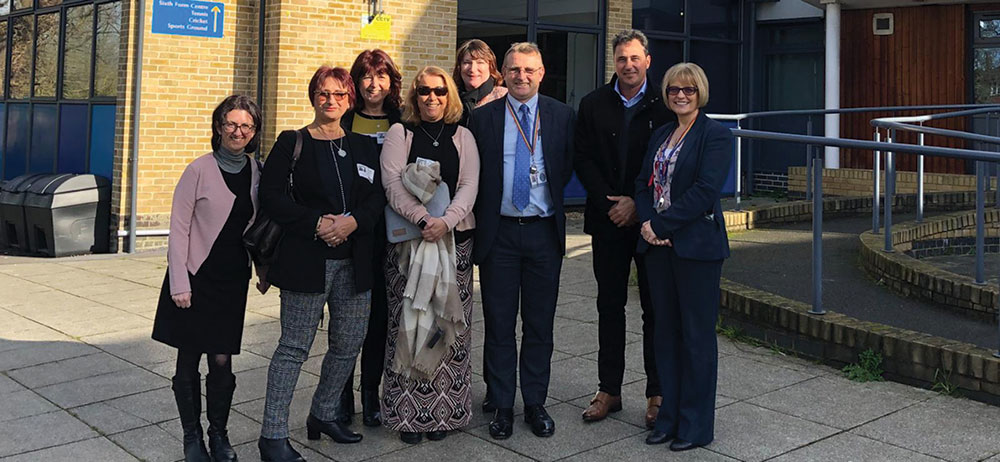
Jackie tells me that that there has been a rise in issues such as stress, anxiety, panic attacks, depression, self-harm and low self-esteem and confidence, amongst other things, in both primary and secondary school children. “Many of these issues impact on a child’s ability to engage, which means that attendance can drop which will then have a significant impact on a child’s education,” she says. “From my perception, and also resulting from the research that we have done, we have identified that exam related anxiety is another big problem.” The newly built schools are going to make a huge difference because they are brighter and have fantastic resources, but it is not just about that, it has got to be about the actual emotional framework and not just the physical one.
Emotional pain and trauma for children and teenagers, which may be caused, for example, by family problems such as their parents separating, an illness or a death in the family, abuse, exploitation or relationship difficulties, can have a huge impact on a child and needs to be understood. The issues that stem from those can include self-harm, substance abuse and suicidal thoughts. “We are noticing this in younger and younger children because they are exposed to so much nowadays. Any worry for a child is a real and important issue and can’t be ignored, but it is all about unpicking those worries and finding out exactly what the source of the worry or anxiety is.”
There are other techniques that can be utilised on building the emotional wellbeing of children. Jackie explains that mindfulness is one of those that some teachers see the value in. The new counsellors also bring with them a variety of tools and approaches including play therapy and drama therapy. “We have also had engagement from Christian Santos with the “I Am Me” project, a collaborative choir piece addressing issues of self-esteem & confidence building, and Dramatherapy founder, Nyree Robinson who has conducted sessions with selected pupils.”
Jackie says that she is really interested in the therapeutic side of things and on building that up: “but little by little, it is very important to try and get children talking. Student mental wellbeing is just as important as academic outcomes, and needs to be treated as such.”
The steps being taken to develop the holistic child in Gibraltar by Jackie Linares and her colleagues at the DoE seems to be really good news and a welcome boost within an area that has become a growing concern for parents and professionals alike over the past few years.

